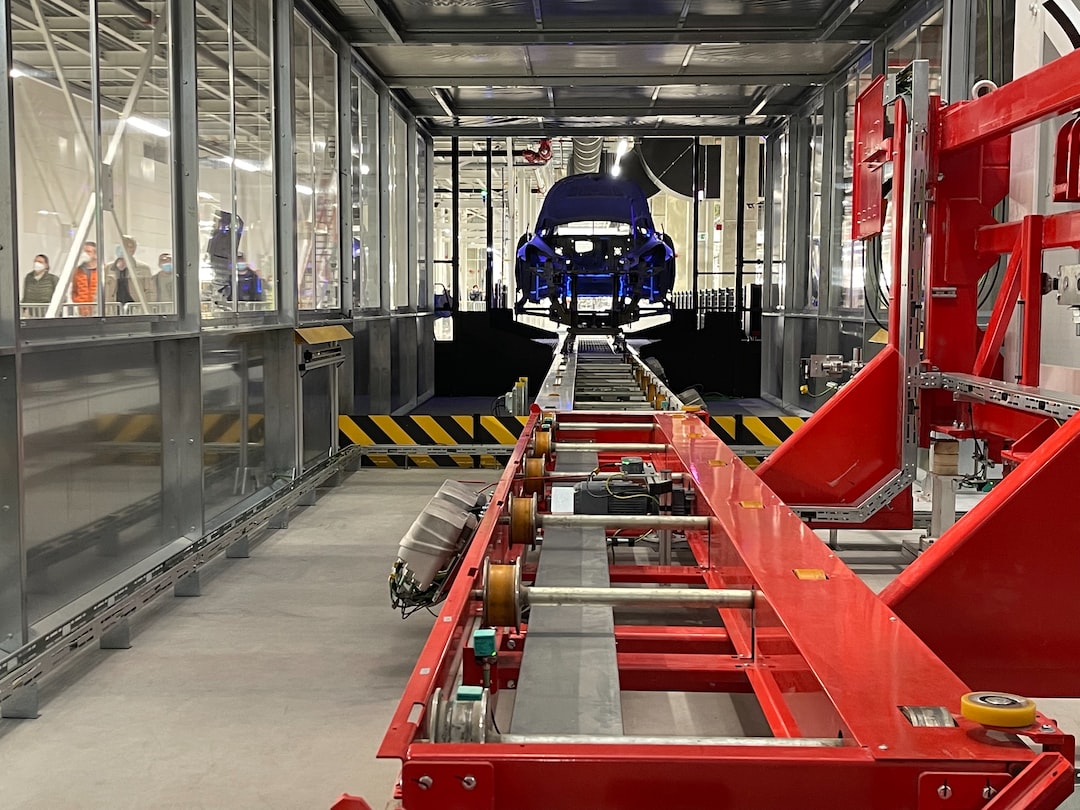As supply chains become more complex, manufacturers are turning to Artificial Intelligence (AI) to help streamline their operations, improve efficiency, and reduce costs. AI has the potential to revolutionize supply chain management by enabling manufacturers to make better decisions, optimize their processes, and respond quickly to changing market demands. In this blog post, we will explore the various applications of AI in supply chain management for manufacturers.
One of the key areas where AI is making a significant impact is demand forecasting. Traditionally, demand forecasting has been a challenging task for manufacturers, as it requires analyzing historical sales data, market trends, and external factors to predict future customer demand accurately. However, AI algorithms can analyze massive amounts of data in real-time and identify patterns and correlations that are difficult for humans to recognize. This enables manufacturers to forecast demand more accurately, reduce stock-outs, and optimize inventory levels.
AI is also being used to optimize production planning and scheduling. By analyzing historical production data, AI algorithms can identify bottlenecks in the production process, optimize capacity utilization, and ensure that orders are fulfilled on time. This not only improves operational efficiency but also helps manufacturers avoid costly delays and disruptions.
In addition to demand forecasting and production planning, AI can also be used to optimize logistics and transportation management. For example, AI algorithms can analyze data from various sources, such as weather conditions, traffic patterns, and transportation costs, to determine the most efficient routes for delivering goods. This helps manufacturers reduce transportation costs, improve delivery times, and enhance customer satisfaction.
Furthermore, AI can be used to improve quality control and reduce defects in the manufacturing process. By analyzing sensor data from production equipment, AI algorithms can identify deviations from normal operating conditions and predict when equipment is likely to fail. This allows manufacturers to schedule maintenance proactively, minimize downtime, and improve product quality.
AI also has the potential to transform supplier management. By analyzing data from various sources, such as supplier performance metrics, market trends, and external factors, AI algorithms can identify high-performing suppliers, detect potential risks, and optimize supplier selection and evaluation processes. This helps manufacturers reduce costs, improve supplier relationships, and ensure a stable supply of high-quality materials and components.
Another promising application of AI in supply chain management is predictive analytics. By analyzing historical and real-time data, AI algorithms can predict future market trends, customer preferences, and demand patterns. This enables manufacturers to make data-driven decisions, adapt their production and inventory strategies, and respond quickly to changing market demands.
Moreover, AI can also be used to enhance customer experience and improve order fulfillment processes. For example, AI-powered chatbots and virtual assistants can provide customers with real-time information about their orders, recommend products based on their preferences, and resolve inquiries and issues promptly. This not only improves customer satisfaction but also reduces the burden on customer service teams.
While the benefits of applying AI in supply chain management for manufacturers are significant, implementing AI technologies may pose some challenges. Manufacturers need to invest in data collection and integration systems, as well as in AI infrastructure and talent. They also need to ensure data security and privacy, as AI algorithms require access to sensitive information.
In conclusion, the application of AI in supply chain management has the potential to revolutionize the manufacturing industry. By leveraging AI technologies, manufacturers can improve demand forecasting, optimize production planning and scheduling, enhance logistics and transportation management, improve quality control, optimize supplier management, enable predictive analytics, and enhance customer experience. However, manufacturers need to overcome challenges related to data collection, integration, security, and talent to fully realize the benefits of AI in supply chain management.

